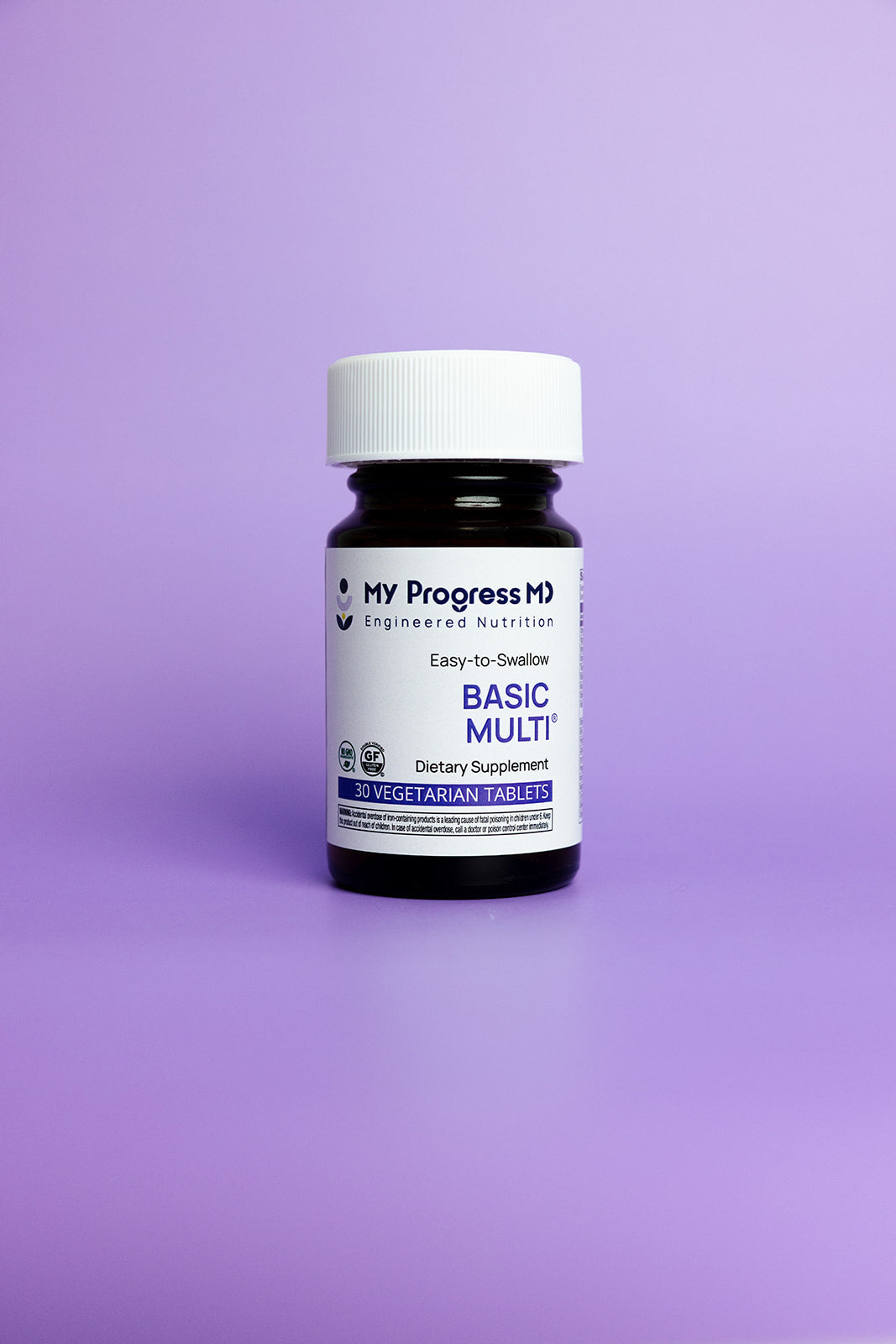The body's self attack and obesity.
We all know the ties obesity has with chronic disease. Diabetes, cardiovascular disease, cancer, high blood pressure, sleep apnea, fatty liver disease, to name a few. However, did you know obesity can have an effect on your immune system as well?
Evidence shows that those who are affected by obesity show an impaired immune response or immune function, which can lead to higher chances for various infections. Yes, it not only has ties to non transmittable diseases that cause damage through a degenerative process, it's also linked to your body's ability to fight back from dangerous invaders like virus, bacteria and even has effects in the body's responsiveness to vaccination. In other words obesity has a direct impact in the immune system's integrity and capacity to protect us.
And it's all about what goes inside our bodies, in other words, nutrition.
Can a person with excessive calorie intake and obesity be malnourished and thus have an impaired disease fighting ability? Definitely. Diets high in refined sugars and carbs, trans and saturated fats, which are the typical foods of the Standard American Diet (SAD) are usually linked to obesity and to low protein, mineral and vitamin intake. Protein-energy malnutrition has been associated to significant impairments in immunity. With the SAD diet our body doesn't have enough of its main workers or its building blocks to help stand guard against infections.
So, how does this happen?
Obesity shares with other chronic disease the presence of inflammation. This inflammatory state is reflected in pro-inflammatory molecules circulating through us and reduced inflammatory-fighting substances as well. The response has its origin in a link between fat tissue and the immune system. Calorie and nutrient excess leads to accumulation of fat, which expands fat cells and tissue, leading to the accumulation of fat stores, in other words, obesity. Experts claim that this expansion of fatty tissue stimulates the expression of inflammatory genes and at the same time activates immune cells, causing your body to attack itself thinking the state of obesity is an infection! Also studies suggest that a special type of fatty tissue, known as white adipose tissue, usually found in higher levels in people with obesity has been known to regulate inflammatory processes, thus when the body has an excess of this fat it goes out of control and triggers an inflammatory process as well, making it harder for your immune system to work properly.
So obesity not only leaves the body vulnerable to infection but also prone to it.
For instance, patients suffering from obesity who are hospitalized are more likely to develop secondary infections, complications, such as sepsis, pneumonia, wound and catheter infections and more. Obesity has even been considered to increase risk for severity of infection and death from the H1N1 virus strain. Hospital reports show that when the influenza outbreak occurred, patients suffering obesity who were hospitalized had more severe reactions than patients in a normal weight range.
“Eating an apple a day will keep the doctor away,” “Make thy food be your medicine and your medicine be thy food.” These famous sayings are actually true! Studies show that eating a diet high in fiber and anti-oxidants from fruits, vegetables, legumes, herbs, micronutrients such as selenium, iron, cooper, vitamins, and enough protein aids in keeping your immune system working adequately.
So it might be time to lay off the vitamin C a little bit and start thinking more about upgrading your overall nutritional status to protect yourself against infection.
To a long, productive, healthy and happy life.
References:
de Heredia FP, e. (2015). Obesity, inflammation and the immune system. - PubMed - NCBI. Ncbi.nlm.nih.gov. Retrieved 12 May 2015, from http://www.ncbi.nlm.nih.gov/pubmed/22429824
Dtc.ucsf.edu,. (2015). What Is the Immune System? :: Diabetes Education Online. Retrieved 12 May 2015, from http://dtc.ucsf.edu/types-of-diabetes/type1/understanding-type-1-diabetes/autoimmunity/what-is-the-immune-system/
News, A. (2015). Obesity Weakens Immune Response. ABC News. Retrieved 12 May 2015, from http://abcnews.go.com/Health/Healthday/story?id=4509715
Eufic.org,. (2015). Nutrition and the Immune System (EUFIC). Retrieved 12 May 2015, from http://www.eufic.org/article/en/artid/nutrition-immune-system/
Jha, A. (2007). Obesity may harm immune system. the Guardian. Retrieved 12 May 2015, from http://www.theguardian.com/science/2007/dec/11/medicalresearch.health
DD, S. (1994). The influence of obesity and its treatment on the immune system. Nutrition Reviews, 52(2 Pt 1), 37-50. Retrieved from http://europepmc.org/abstract/med/8183468
Chandra, R. (2002). Nutrition and the immune system from birth to old age. Eur J Clin Nutr, 56(s3), S73-S76. doi:10.1038/sj.ejcn.1601492
Journals.cambridge.org,. (2015). Altered signalling and gene expression associated with the immune system and the inflammatory response in obesity. Retrieved 12 May 2015, from http://journals.cambridge.org/action/displayAbstract?fromPage=online&aid=1364248&fileId=S0007114507838050
Diabetes.co.uk,. (2015). Immune system affects obesity, study suggests. Retrieved 12 May 2015, from http://www.diabetes.co.uk/news/2014/Dec/immune-system-affects-obesity,-study-suggests-94795035.html
Matarese, G. (2000). Leptin and the immune system: how nutritional status influences the immune response. European Cytokine Network, 11(1), 7-14. Retrieved from http://www.jle.com/fr/revues/ecn/e-docs/leptin_and_the_immune_system_how_nutritional_status_influences_the_immune_response_90285/article.phtml?tab=texte









